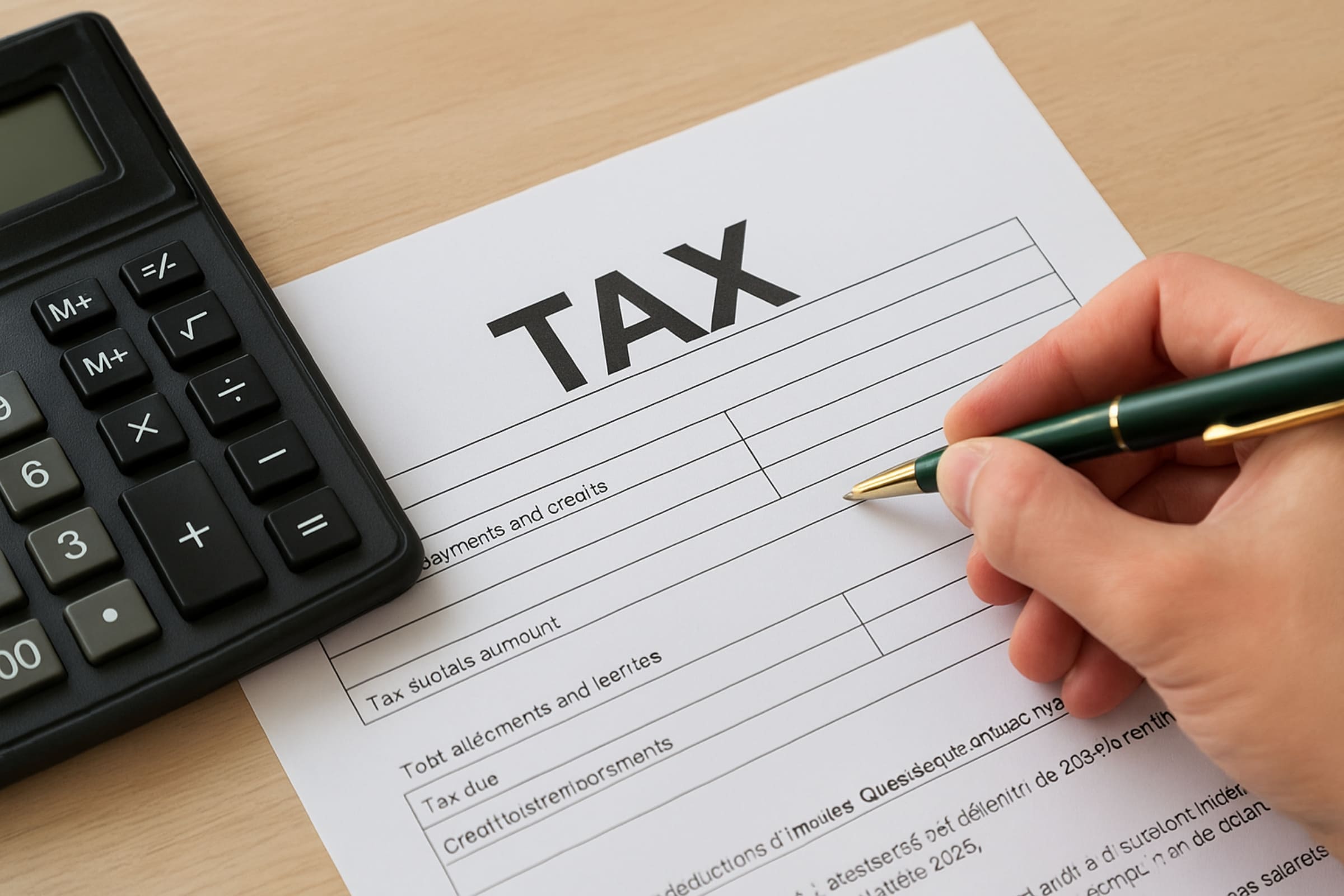On January 29, 2024, the National assembly (“Assemblée Nationale”) passed the proposed “Airbnb” law on first reading with amendments.
This “Airbnb” law aims to put furnished tourist accommodation back on the long-term rental market, by modifying the taxation of tourist rentals with a drastic reduced tax allowance, down from 71% or 50% depending on the situation to just 30%.
New obligations have also been imposed on owners wishing to change the use of their property to furnished tourist accommodation, requiring them to provide a sufficiently good energy performance diagnosis, to prevent over-energy-consuming properties from ending up on vacation rental sites. Mayors will also have the power to reduce the maximum rental period for principal residences to 90 days a year, compared with 120 days today .
Modification of the taxation of tourist rentals
The proposed law modifies the highly advantageous “micro BIC” tax regime for tourist rentals:
- The tax allowance for classified furnished tourist accommodation (quality label, ranging from 1 to 5 stars) is lowered to 30%, subject to an annual rental income ceiling of 30,000 euros (compared with 71% and a ceiling of 188,700 euros
today) ; - In rural areas and winter sports resorts, an additional allowance of 41% is available, provided that sales do not exceed 50,000 euros ;
- The tax allowance for unclassified furnished tourist accommodation will also rise to 30%, with an annual rental income ceiling of 15,000 euros (compared with 50% and a ceiling of 77,700 euros today).
In addition, the double deduction of depreciation for non-professional furnished tourist accommodation (LMNP) (“Location meublée non-professionel”) as part of the actual tax regime has been abolished.
New obligations for furnished tourist accommodation
The text requires owners who want to change the use of their property to a furnished tourist accommodation:
- For a definitive change, the presentation of an energy performance diagnosis (“Diagnostic de performance énergétique”) (DPE) classified between levels A and D ;
- For a temporary change, the mandatory energy renovation schedule for housing set by the 2021 Climate and Resilience law (“Loi Climat et resilience de 2021”). As in the case of conventional housing, G-rated furnished tourist accommodation will be banned from rental on January 1, 2025, F-rated on January 1, 2028 and E-rated on January 1, 2034.
Principal residences and overseas territories are not affected
These new rules will prevent long-term rentals from switching to short-term rentals to get around the ban of the renting of over-energy-consuming properties. It is planned that the stock of premises that have already obtained final authorization will be brought into compliance within five years.
A new obligation will also apply to condominiums: owners and tenants will have to inform the syndic of any change of use, who will have to put it on the agenda for the next general meeting.
Extended powers for mayors
The proposed law gives mayors broader powers to better regulate premises used for tourism :
- The town hall registration procedure is extended to all prior declarations for the rental of furnished tourist accommodation (“Déclaration préalable de mise en location d’un meublé de tourisme”), regardless of the municipality, and whether or not it is a principal residence. Although furnished tourist accommodation already have to be declared to the town hall, they are not always registered, which means that supporting documents can be requested. The widespread use of a registration number, after declaration to a national teleservice, is considered essential to improve mayors’ knowledge of the rental tourist (“parc locatif touristique”), and a necessary condition for better regulation. The system will be applicable by early 2026 at the latest ;
- Mayors will be able to impose two new administrative fines of up to 5,000 euros for failure to register a furnished tourist accommodation, and up to 15,000 euros for use of a false registration number ;
All municipality will be able to lower the maximum number of days a principal residence can be rented out for tourism purposes, from 120 days to 90 days per
year ; - Municipality with change-of-use regulations will be able to extend the change-of-use regime to all premises not used for residential purposes. The aim is to regulate the practices of investors who are increasingly turning to the conversion of offices into furnished tourist accommodation, since the introduction in 2021 of an authorization for the conversion of commercial premises into tourist accommodation.
The text also extends to all communes the option of applying change-of-use regulations, without authorization from the prefect. It also opens up the possibility for municipality to define quotas for change-of-use authorizations, and to delimit, in their local urban plan (PLU) (“Plan Local d’Urbanisme”), sectors where, for any new construction, only principal residences will be authorized.
This option will be open to some 9,300 municipality : those with more than 20% secondary residence, and those where the annual tax on vacant propriety (“Taxe annuelle sur les logements vacants”) is applicable and where an increase in residence tax on second homes (Taxe d’habitation sur les residences secondaires”) is permitted. The Senate must now examine the proposed law.










